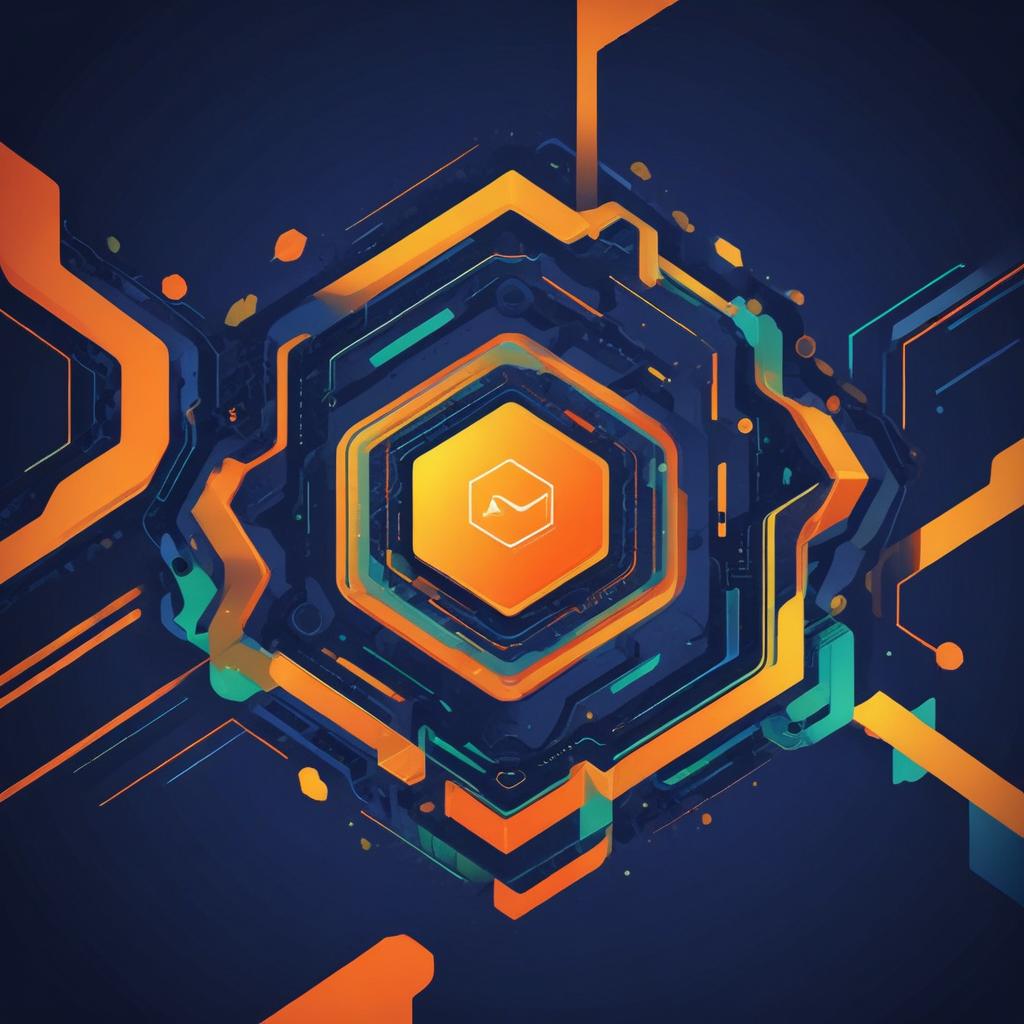Kioxia’s RAG Software: The Future of SSDs and AI Performance

Kioxia has released an innovative update to its AiSAQ software, designed specifically for optimizing Retrieval-Augmented Generation (RAG) systems. This software enables organizations to enhance the performance of their AI systems while efficiently managing SSD storage capacity. The article details how Kioxia’s technology offers flexibility for various workloads and reduces operational costs tied to continuous AI model retraining.
Here’s a summary of the key points
- The latest AiSAQ update allows for a tailored balance between SSD search performance and vector capacity.
- RAG systems help keep AI models current without the financial strain of retraining.
- Kioxia’s move away from DRAM limitations to SSD optimization presents a significant leap for vector databases.
- This technology supports more than just RAG applications, broadening its usability for many organizations.
- The company has experienced notable growth, being valued at over €8 billion post-IPO.
The initial reception of Kioxia’s innovations suggests a positive trajectory for enhancing AI systems across industries. This balance of performance and efficiency could change how businesses leverage AI technologies. Here are some tactical positives to consider:
- Cost Efficiency: Organizations can reduce the financial burden of AI model retraining, making advanced AI more accessible.
- Flexibility: The adaptability of RAG systems allows companies to customize their applications according to specific requirements.
- Enhanced Performance: Improved search capabilities lead to faster and more accurate results, crucial for industries reliant on real-time data analysis.
Despite these strengths, it's essential to challenge some of the underlying assumptions:
The article mentions the trade-offs between search performance and SSD capacity. Organizations might question whether the efficiency gained justifies the potential drawbacks of decreased capacity. If a company relies heavily on vast vector databases, is it practical to sacrifice performance for the sake of storage? What about the implications for data integrity and retrieval speed when maxing out SSDs?
Moreover, while Kioxia emphasizes open-source resources, the company needs to reassure clients about security and proprietary data considerations. If their innovations become widely shared, will organizations lose a competitive edge? In an age where data privacy is paramount, the willingness to embrace open-source technologies might be a gamble.
Another perspective to explore is whether other solutions might be better suited for particular applications. For example, if organizations can rely on cloud storage options or advanced DRAM solutions, might they find alternative methods that optimize costs without sacrificing performance? It might be worthwhile to assess the competitive landscape fully to determine the best course of action.
In the end, the focus should remain on the benefits and growth potential of Kioxia's offerings, recognizing both their challenges and opportunities. Kioxia seems poised to make significant contributions to the AI and SSD sectors.
DiskInternals understands the vital importance of data integrity and loss prevention. As a developer of data recovery software for both virtual and physical environments, we recognize the challenges organizations face when implementing new technologies. Our commitment to helping companies avoid data loss and ensure optimal functionality remains unwavering.